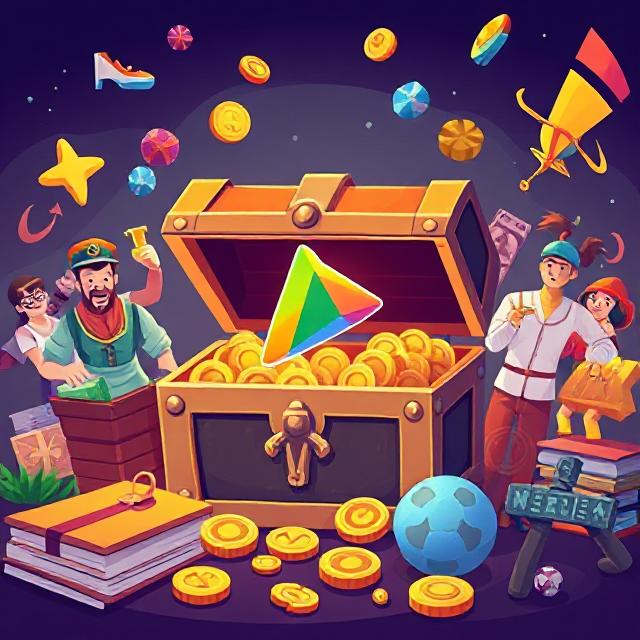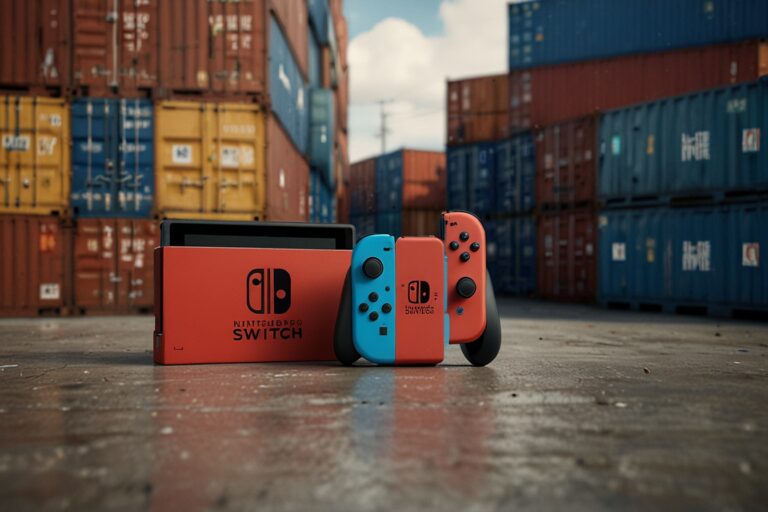
TL;DR
- Google proposes to allow all self-declared real-money games on Play Store in India.
- Developers must show third-party proof of “game of skill” status.
- The move is in response to a CCI antitrust probe triggered by WinZO’s complaint.
- Advertising policy changes will permit marketing of verified real-money games.
- Proposal, if accepted, could significantly reshape India’s ₹785 billion gaming market.
A Strategic Shift to Appease Regulators
In a notable regulatory pivot, Google has proposed a broad expansion of real-money gaming access on its Play Store in India. The company has submitted a “commitment proposal” to the Competition Commission of India (CCI) offering to permit all real-money gaming (RMG) apps—so long as they meet legal and skill-based qualifications—to operate on Google Play.
The offer comes in response to an ongoing CCI probe triggered by a 2023 complaint from WinZO, an online gaming platform that accused Google of discriminatory treatment.
Key Changes to Play Store and Ad Policies
Google’s proposal includes:
- Replacing its limited pilot program with open access to all real-money games that are self-declared and legally compliant.
- Requiring developers to present proof from an authoritative third party confirming the game as one of skill, not chance.
- Updating Google Play Developer Program Policies and finalizing a sustainable business model for RMG apps.
- Allowing “games of skill” to be advertised, provided they are validated by a recognized industry body.
Recognized validation bodies include:
- All India Gaming Federation (AIGF)
- E-Gaming Federation (EGF)
- Federation of Indian Fantasy Sports (FIFS)
India’s Real-Money Gaming Market
| Metric | Value | Source |
| 2024 Market Size | ₹274.38 billion ($3B) | WinZO & IEIC |
| RMG Share (2024) | 86% | WinZO & IEIC |
| Projected 2029 Market | ₹785.51 billion ($8.9B) | WinZO & IEIC |
| RMG Share (2029 Est.) | 80% | WinZO & IEIC |
From Pilot to Platform-Wide Access
Google’s earlier pilot program, launched in September 2022, only allowed select fantasy and rummy apps on the Play Store in India. These were permitted under a 2021 Supreme Court ruling classifying them as games of skill, thus not violating gambling laws.
But this pilot left out a significant portion of India’s fast-growing RMG sector. WinZO promptly challenged Google in the Delhi High Court, alleging that the pilot was exclusionary and anti-competitive. The CCI subsequently launched an in-depth investigation into Google’s app distribution and monetization practices.
What Happens If CCI Approves
If the CCI accepts Google’s proposal after a public consultation, developers who meet the skill-based proof requirement will be able to distribute their games through Google Play. This includes apps currently side-loading through APKs or alternative platforms.
According to the proposal:
- Play Store onboarding of qualifying RMG apps will begin within 120 days of approval.
- Ad policy changes allowing promotion of these games will follow within 150 days.
Google says the effort will help create a more open and safe ecosystem for developers, users, and the broader digital economy. A company spokesperson stated:
“This development reflects our constructive discussions with the CCI and the Indian developer community along with our commitment to building a more open and safe ecosystem for RMG apps across Google Play and Google Ads.”
Implications for Google and Indian Developers
Accepting this proposal stands to financially benefit Google by:
- Earning service fees and ad revenue from a larger group of RMG developers.
- Strengthening its presence in India’s booming mobile gaming economy, which is expected to nearly triple in value by 2029.
The move would also create more visibility and monetization pathways for developers previously locked out of Google Play. However, the CCI investigation continues and could still find Google guilty of past discriminatory practices, leading to further penalties or remedial actions.
Broader Legal and Antitrust Context
Google’s RMG policy scrutiny is part of a broader antitrust battle in India. The tech giant has already faced regulatory heat for allegedly abusing its dominance in the Android ecosystem, resulting in multiple fines and court orders.
In a related case, Google recently approached the Indian Supreme Court to appeal the CCI’s previous findings. That case is expected to be heard next month and may influence how India handles platform competition going forward.
“We look forward to continuing to work with the CCI and the wider RMG ecosystem, and are confident our proposed framework will empower Indian developers, grow the digital economy, and prioritize user safety,” said the Google spokesperson.
Final Word
If approved, Google’s proposal may reshape India’s online gaming landscape, offering both regulation-compliant visibility to developers and new revenue streams for the platform. The move also represents Google’s willingness to negotiate proactively with Indian regulators in an increasingly protectionist tech environment.
For Indian developers, particularly those in the RMG sector, the next 150 days could redefine how games are built, distributed, and monetized.






